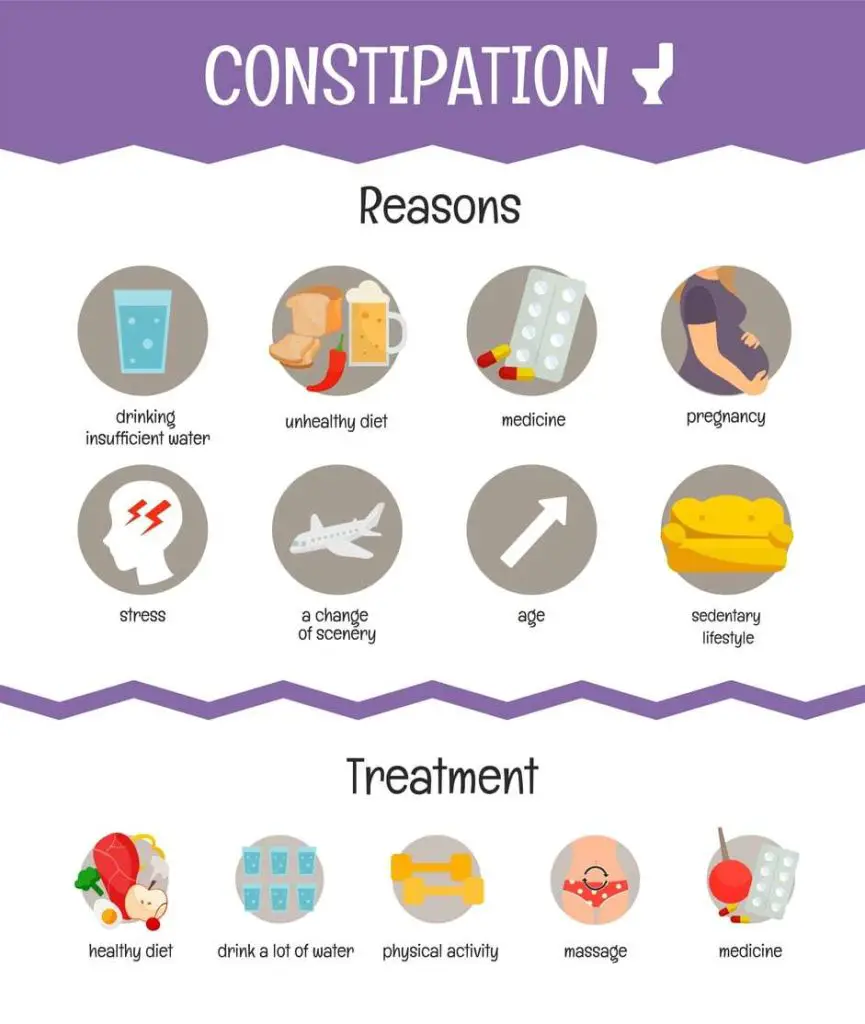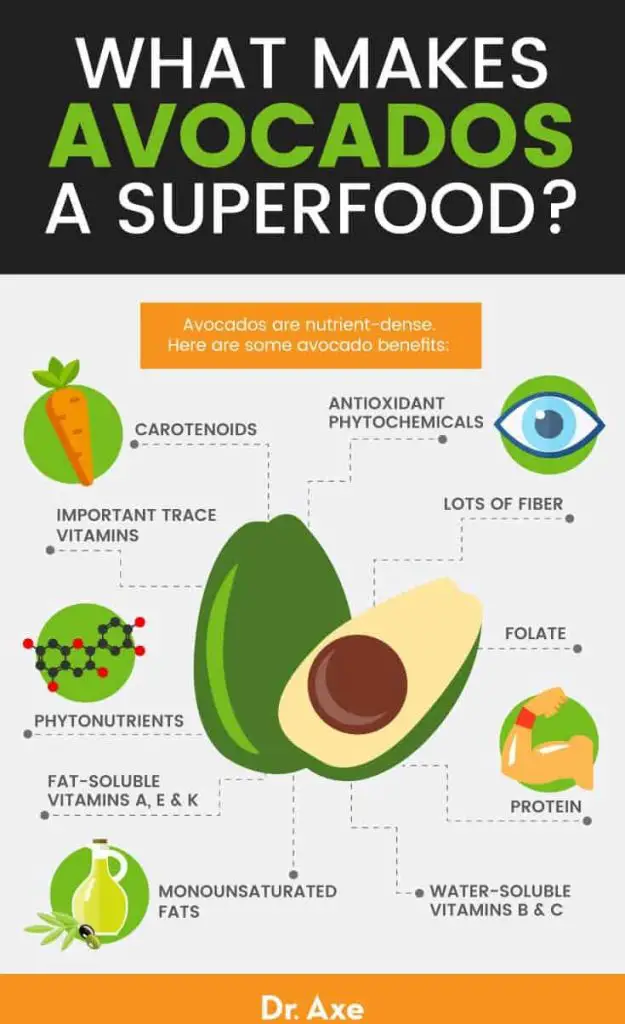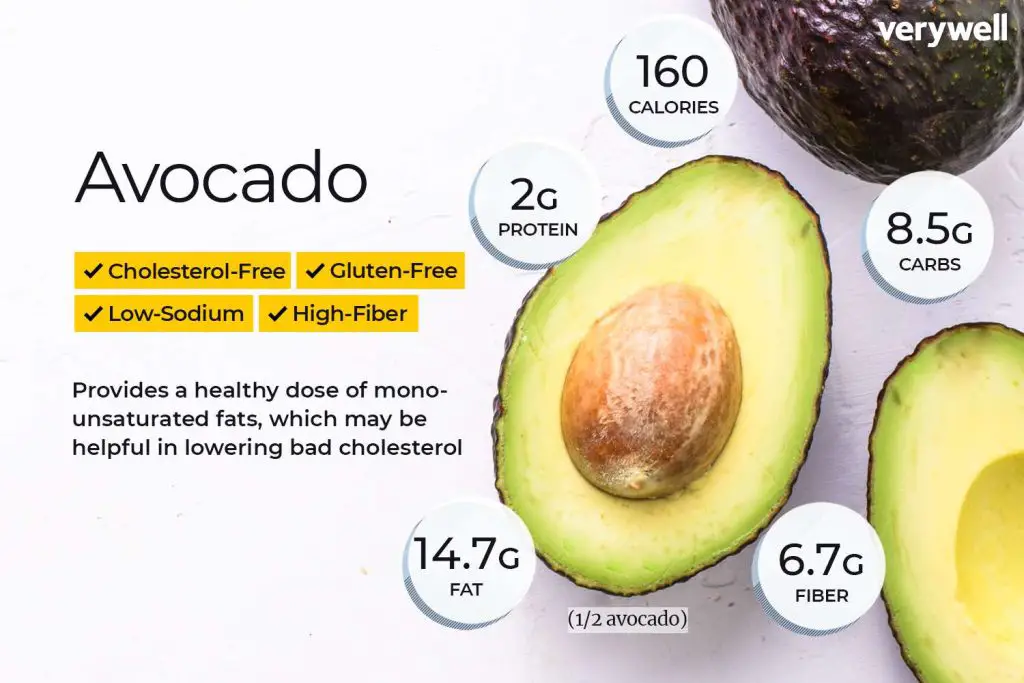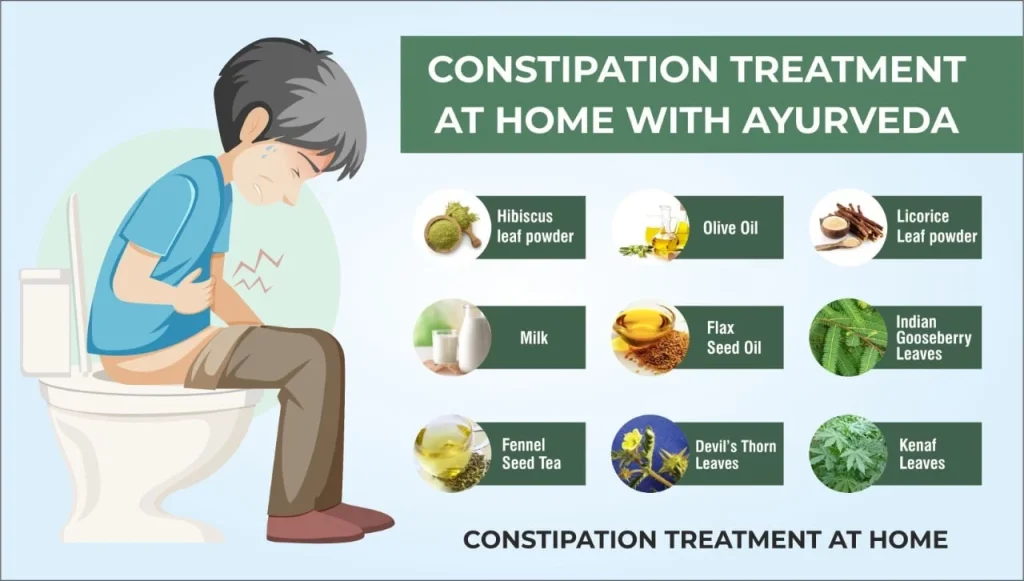Do you love eating avocado but worry that it might cause constipation? You’re not alone.
This is a common concern among people who enjoy this nutrient-dense fruit. But here’s the good news: there is no evidence to suggest that avocado causes constipation.
Constipation is a condition where you have difficulty passing stools regularly, and your bowel movements become infrequent or incomplete.
Although several factors can contribute to constipation, including dehydration, lack of fiber in your diet, and certain medications, there’s no scientific proof linking avocado consumption to constipation.
In fact, avocados are rich in dietary fiber and other nutrients that can promote regular bowel movements and improve digestive health.
So let’s take a closer look at the facts about avocados and their effects on your digestive system.
Key Takeaways
- Avocado consumption does not cause constipation.
- Constipation is caused by inadequate fiber sources in the diet, lack of exercise, and stress.
- Avocado is rich in dietary fiber and other nutrients that improve digestive health, and can help prevent constipation.
- To prevent constipation, increase intake of high fiber foods, drink plenty of water, exercise regularly, and manage stress.
Understanding Constipation and Its Causes
Let’s explore why our poop might be feeling a little stuck in traffic and what could be causing it.
Constipation is defined as having fewer than three bowel movements per week, with stools that are hard, dry, and difficult to pass.
It can be caused by a variety of factors such as inadequate fiber sources in your diet or not drinking enough water.

Fiber is an essential nutrient that plays a crucial role in maintaining regular bowel movements.
It adds bulk to your stool, making it easier to pass through the intestines.
Fiber sources like fruits, vegetables, whole grains, and legumes should make up a significant portion of your daily diet.
However, if you’re not getting enough fiber in your diet, you may experience constipation.
In addition to fiber sources, lifestyle changes can also contribute to constipation.
Not getting enough exercise or physical activity can slow down digestion and lead to constipation.
Stress and anxiety can also affect bowel movements by altering the way your body processes food.
Incorporating more exercise into your routine and finding ways to manage stress can help alleviate constipation symptoms.
Nutritional Benefits of Avocado
Avocado’s rich nutritional value is a major reason why it has become a staple in many diets.
It is packed with healthy fats, which are essential for maintaining good health.
These healthy fats help to keep you feeling full and satisfied, which can aid in weight management.
But the benefits of avocado don’t stop there.

This superfood is also loaded with vitamins, including vitamin K, vitamin C, and vitamin B6. Vitamin K helps to maintain strong bones, while vitamin C boosts your immune system and helps fight off infections.
Vitamin B6 aids in brain function and promotes healthy skin.
Adding avocado to your diet can also help improve heart health.
The monounsaturated fat found in avocados can help lower cholesterol levels and reduce the risk of heart disease.
So not only does avocado taste great, but it also provides numerous health benefits that make it an excellent addition to any diet.
Debunking the Avocado-Constipation Myth
If you’ve been avoiding avocados due to concerns about constipation, it’s time to reconsider.
Despite being a rich source of fiber, avocado digestion does not cause constipation.
In fact, the fruit contains both soluble and insoluble fibers that promote regular bowel movements and prevent constipation.
There are many misconceptions surrounding fiber and its effect on digestion.
Some people believe that high-fiber foods like avocados can lead to digestive issues such as bloating and constipation.
However, this is not true. In fact, studies have shown that increasing your fiber intake can actually help relieve constipation by improving stool consistency and increasing the frequency of bowel movements.
To better understand the role of avocado in digestion, take a look at the following table:
| Nutrient | Amount per 100g | % Daily Value |
|---|---|---|
| Fiber | 6.7g | 27% |
| Fat | 15g | 23% |
| Carbohydrates | 8.5g | 3% |
As you can see from the table above, one serving of avocado provides a significant amount of daily fiber needs.
Moreover, avocado also contains healthy fats which aid in nutrient absorption and promote gut health.
Consuming avocados should not cause any digestive issues such as constipation.
The fruit is an excellent source of fiber which promotes regular bowel movements and prevents digestive problems.
So go ahead and add some delicious avocado to your meals for a satisfying and nutritious addition to your diet!
How to Incorporate Avocado into a Balanced Diet
Incorporating avocado into your balanced diet is easy and delicious, providing a range of health benefits from improving heart health to promoting healthy digestion.
When it comes to incorporating avocados into your meals, there are many creative ways to do so.
Avocado toast is a classic option that can be customized with various toppings such as eggs or smoked salmon.

You can also add diced avocado to salads or use it as a spread for sandwiches instead of mayonnaise.
Portion control is crucial when using avocado in your meals since they are high in fat and calories.
It’s recommended to limit portions to 1/4 – 1/2 an avocado per serving.
For example, you can make a filling and nutritious smoothie by blending together half an avocado with almond milk, spinach, banana, and honey.
There are numerous other delicious recipes that feature avocados such as guacamole, salsa, and even chocolate pudding made with ripe avocados!
By incorporating this versatile fruit into your meals in moderation, you’ll not only enjoy its rich flavor but also benefit from the many nutrients it provides.
Tips for Preventing and Treating Constipation
To maintain regularity and prevent discomfort, it’s important to follow a few simple tips for preventing and treating constipation.
One of the most effective ways is to increase your intake of high fiber foods such as fruits, vegetables, whole grains, and legumes.
These foods add bulk to your stool and make it easier to pass through your digestive system. Aim for at least 25-30 grams of fiber per day.
Another key factor in preventing constipation is hydration.

Dehydration can cause hard stools that are difficult to pass, so be sure to drink plenty of water throughout the day.
You can also try drinking warm liquids such as herbal tea or hot water with lemon in the morning to stimulate bowel movements.
In addition to diet and hydration, exercise and stress management are important for maintaining regularity.
Regular physical activity helps stimulate bowel movements by increasing blood flow to the intestines.
Even a short walk after meals can be beneficial. Stress can also affect digestion, so finding ways to manage stress such as meditation or deep breathing exercises may help prevent constipation.
| High Fiber Foods | Hydration |
|---|---|
| Fruits | Water |
| Vegetables | Herbal tea |
| Whole Grains | Hot water with lemon |
| Legumes |
By incorporating these tips into your daily routine, you can help prevent constipation and enjoy better overall digestive health.
Remember to include plenty of high fiber foods in your diet, stay hydrated, stay active, and find ways to manage stress for optimal results.
If you continue experiencing issues with constipation despite making these changes, be sure to speak with your healthcare provider for further guidance.
Frequently Asked Questions
Can eating too much avocado cause diarrhea?
Are you wondering if eating too much avocado can cause diarrhea? Avocado and digestive health: exploring the benefits and drawbacks, some individuals have reported experiencing diarrhea after consuming excessive amounts. However, it is not a common occurrence and varies from person to person. Avocado and diarrhea: myth or reality?
Are there any specific foods that can help relieve constipation?
You can relieve constipation by eating fiber-rich fruits like berries, apples, and pears. Probiotic-rich foods like yogurt and kefir may also help regulate your bowel movements. Avoid processed foods and stick to whole, nutritious meals.
How long does it typically take for avocado to affect bowel movements?
Avocado’s impact on digestion varies based on individual factors such as digestive enzymes and fiber types. However, incorporating avocado into a diet with proper hydration and exercise can support healthy bowel movements.
Does the ripeness of an avocado affect its impact on digestion?
The ripeness of an avocado can affect its impact on digestion. Ripe avocados have higher fiber content, which promotes nutrient absorption and gut health. They also have a stronger satiety effect, making you feel fuller for longer.
Are there any potential risks or side effects of regularly consuming avocado?
Eating avocado regularly has numerous nutritional benefits and may even improve gut health. However, consuming excessive amounts could lead to weight gain due to its high-calorie content.
Amazon and the Amazon logo are trademarks of Amazon.com, Inc, or its affiliates.

